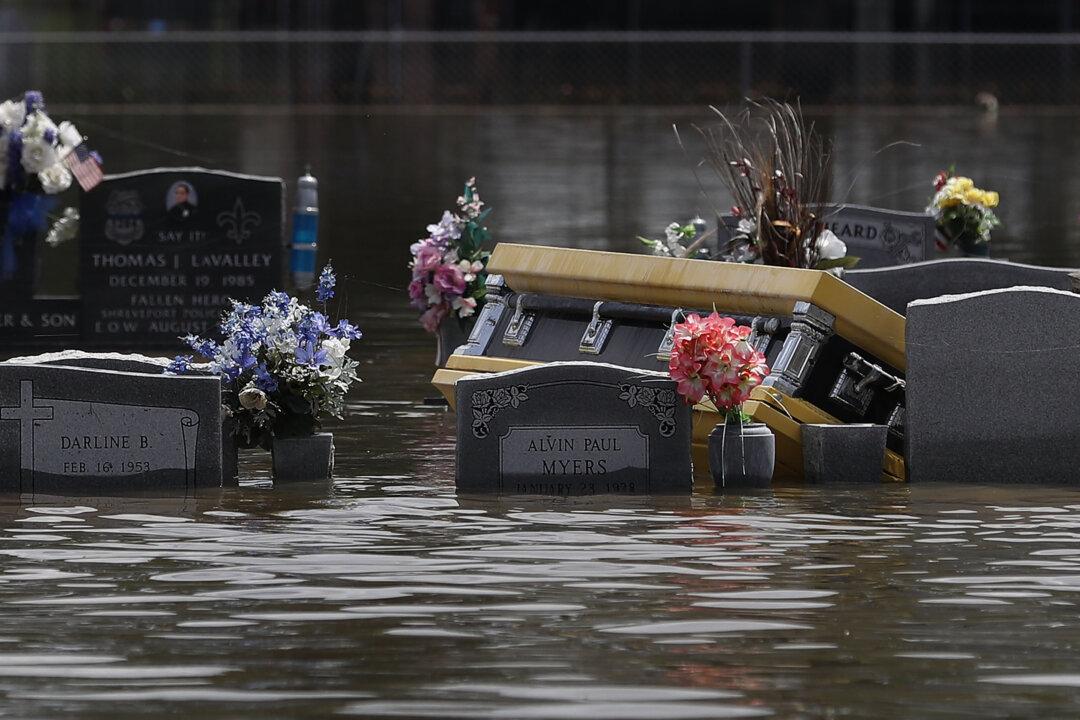The federal government is being sued by a coalition of states seeking to block a change in the calculation of flood insurance rates, which they say will make such insurance expensive for citizens.
The Federal Emergency Management Agency (FEMA) insists that its new insurance premium system, “Risk Rating 2.0,” is an improvement over past methods as it incorporates new data and scientific models and costs of rebuilding a home. The agency claims that under the old system, people with lower-valued homes could end up paying more than a fair share of insurance while those with higher-value homes pay relatively less. In a June 1 press release, Louisiana Attorney General Jeff Landry announced filing a lawsuit against FEMA and other federal agencies. He criticized the new FEMA system, arguing that it would end up making flood insurance more expensive for many people.





